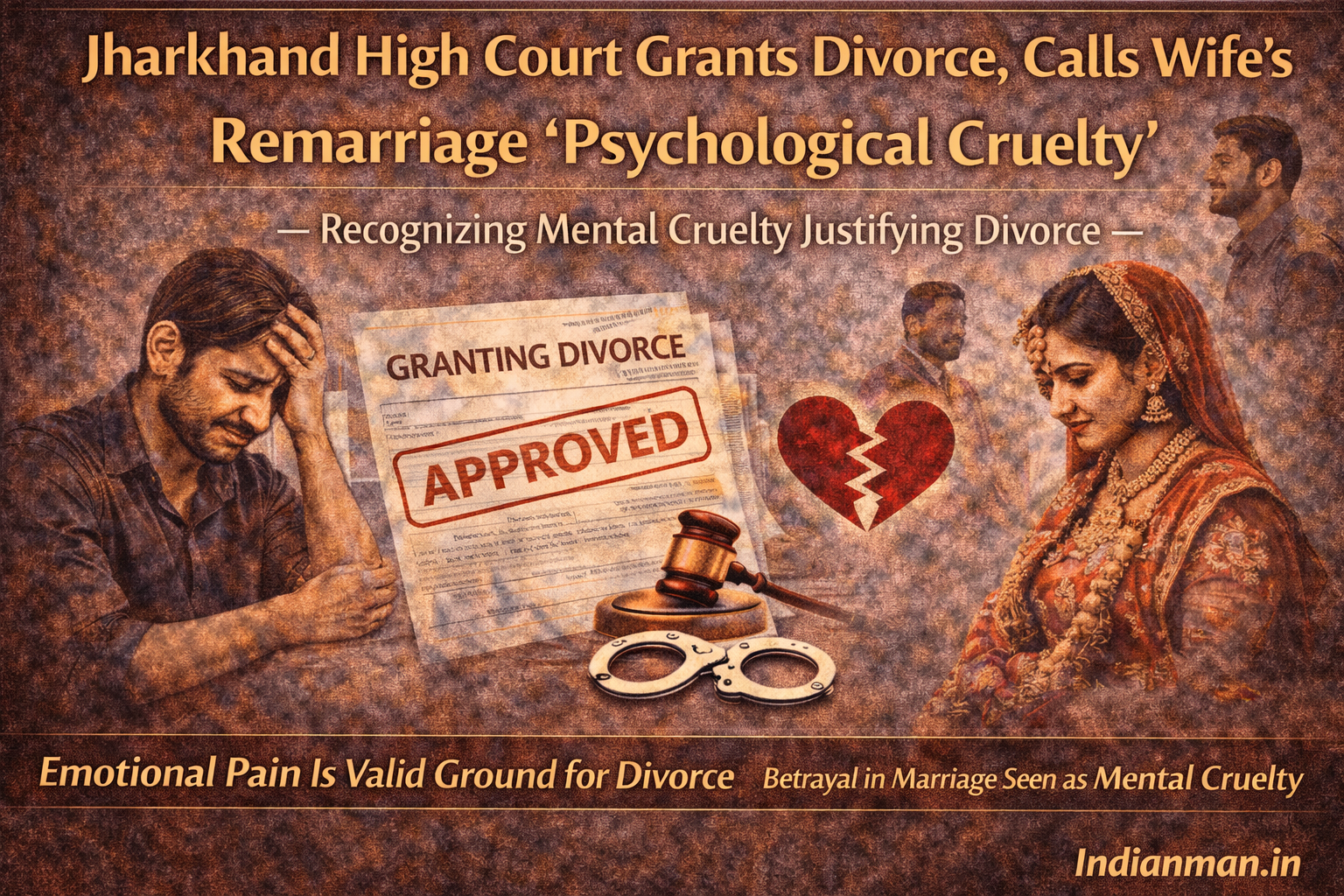The Supreme Court has issued a notice regarding a petition filed by a husband who claims his wife deceived him about her physiological gender. The husband alleges that his wife concealed her condition, which includes the presence of a penis and an imperforate hymen, amounting to cheating under Section 420 of the Indian Penal Code.
The petitioner-husband stated that his wife was diagnosed with Congenital Adrenal Hyperplasia (CAH), a condition that was hidden from him before their marriage. He argues that this concealment constitutes cheating by both his wife and her father.
The couple married in July 2016, but the wife did not consummate the marriage and soon left the matrimonial home. The husband discovered the lack of a vaginal opening during attempts to consummate the marriage and took his wife for a medical check-up. She was diagnosed with an imperforate hymen, a condition where the hymen completely covers the vaginal opening.
Further medical examinations revealed that she had been diagnosed with CAH three years earlier and had been prescribed hormonal supplements. CAH is a condition where a female’s clitoris is enlarged, or the genitals resemble those of a male.
The petitioner also alleged that his father-in-law and others forcibly entered his home, abused him, and threatened his life for not keeping his wife in the matrimonial house. Following this, the husband filed a case in court.
The High Court, however, dismissed the husband’s complaint, citing a lack of medical evidence to support the charge under Section 420 of the Indian Penal Code. The court noted that there was nothing adverse in the medical report against the wife after her examination at a hospital in Gwalior.
The husband’s special leave petition was filed against the Madhya Pradesh High Court’s judgment, which set aside the Trial Court’s order taking cognizance of the cheating charge against the wife and her father. A bench comprising Justice Sanjay Kishan Kaul and Justice MM Sundresh has issued a notice to review the petition.
This case highlights significant legal questions about consent, medical disclosure, and the implications of physiological conditions in marital relationships. The Supreme Court’s decision will provide clarity on these critical issues.




